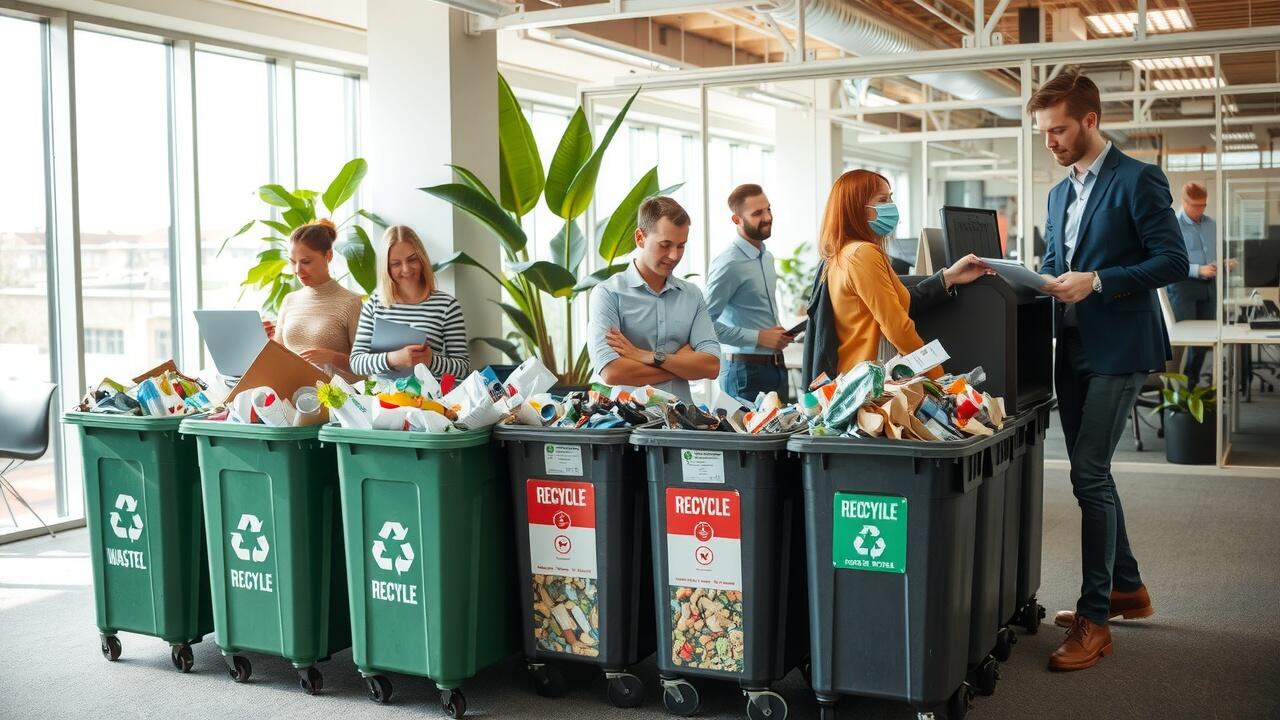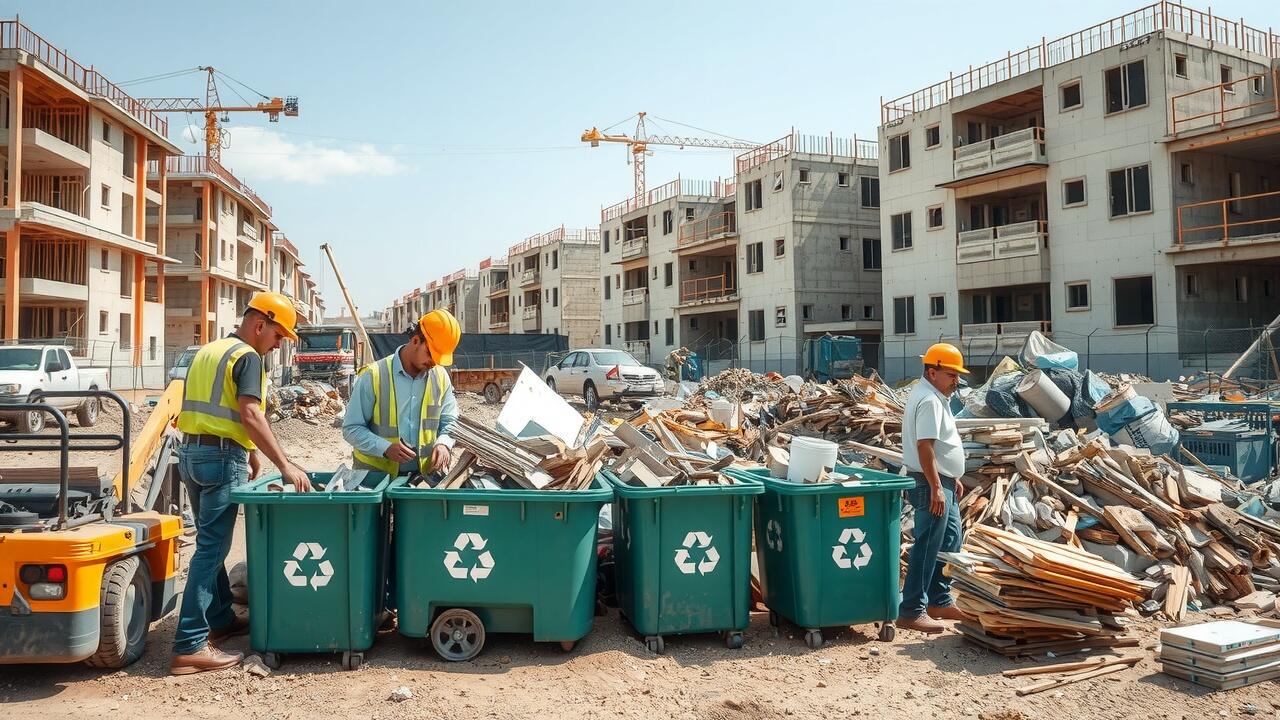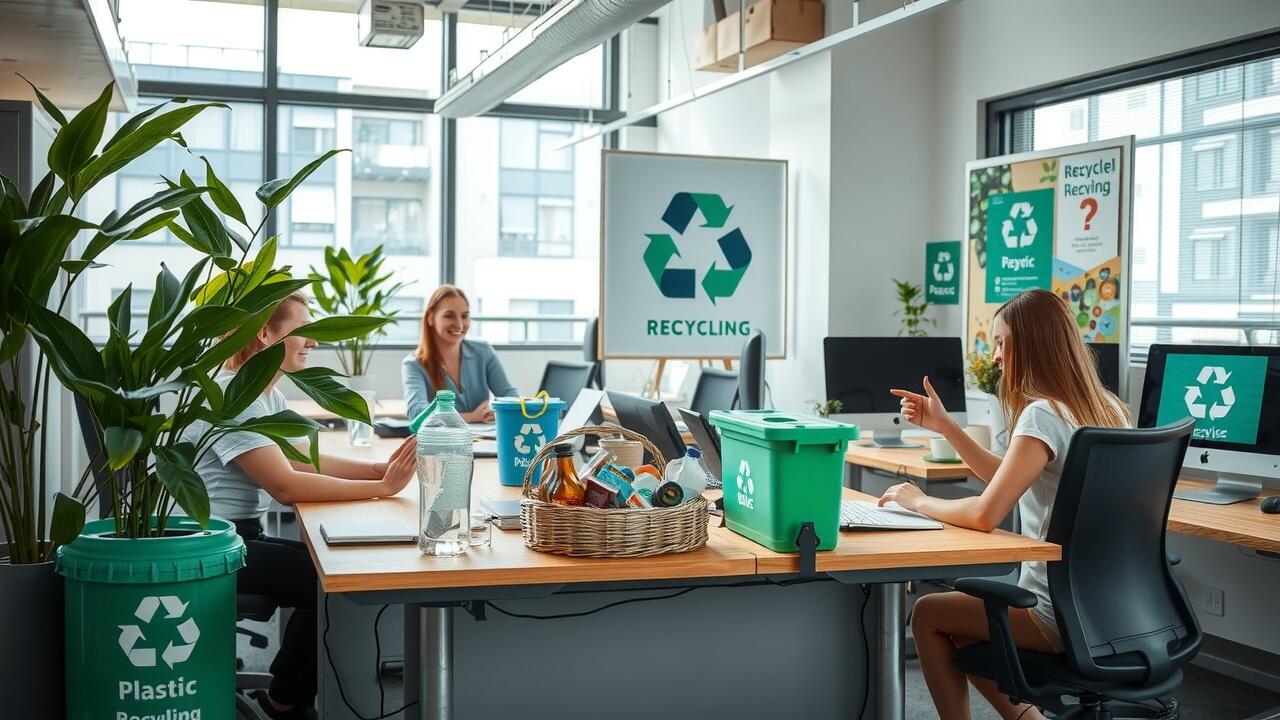Legal Requirements for Waste Disposal
An understanding of the various laws and legislation regarding waste disposal is imperative for any business. There exist various federal, state, and local laws governing the disposal of wastes relating to public health and environmental protection. One of the main federal statutes governing the disposal of solid and hazardous waste is the Resource Conservation and Recovery Act (RCRA). Companies must ensure that their waste management practices conform to all governmental regulations involving waste disposal to avoid significant financial expense in fines or criminal penalties.
In addition to the mandates of RCRA, many states and cities have enacted laws and regulations regarding proper waste disposal standards. These statutes and local ordinances may require reports to be made, mandatory recycling laws, and regulations for the disposal of hazardous materials and other types of waste. Knowledge of these laws is an absolute necessity for businesses to maintain compliance and a sound program for the management of waste. Businesses must keep up to date on changes in environmental laws regulating waste disposal so that their waste disposal systems will comply with or exceed these legal requirements.
Click here for Commercial Trash Pickup Services
Environmental Compliance with the Law
Businesses are required to conform to many different environmental laws that govern the disposal of waste. These laws are designed to minimize the harmful effects that waste has on the environment and public health. An understanding of the requirements imposed by local, state, and federal regulations is of paramount importance to any business establishment. Non-compliance can lead to very damaging penalties in the way of fines and legal repercussions; thus, it is essential for companies to keep abreast of the present-day laws.
Being aware of and complying with waste management regulations will not only help companies conform to the law, as stated above, but will also create a positive corporate image. Organizations can help employees understand their responsibilities regarding waste disposal and recycling. Workers require accurate guidance on labeling waste containers and understanding what belongs in the regular trash and what doesn’t. Guidelines to help inform people about these basic issues can improve compliance and develop a culture based on environmental responsibility.
Using Technology for Waste Tracking
The growth of technology has improved the way offices handle waste. Organizations can monitor the generated waste and its disposal through available software. These applications allow organizations to put together a database containing trends for their waste so their rate of recycling and waste reduction can be examined. This information allows better identification of waste problems and indicates what trouble spots require attention.
Mobile applications and IoT will improve waste tracking even more. There are sensors located in waste containers to alert workers when a container is full. Employees can monitor the containers used in their waste systems with this technology, which requires no attention. These technologies further improve the identification of waste trends and needs. Tracking waste generation allows documentation of trends and provides the organization with a clearer perspective on the data collected for sustaining programs.
Software Applications for Efficient Management
Increasingly, workplaces are using software applications to provide more efficient waste management. This provides organizations the opportunity to measure their waste streams in real time. The data obtained is in a comparatively easy form, and the analytic aspects increase decision-making by identifying the problems of waste separately. This readily available information provides better options for resource allocation and increases the possibility of reducing the overall waste generated by the organizations.
In many instances, applications allow for more detailed tracking in the area of requirements for compliance with environmental regulations. It will facilitate the automation of offered services and the fulfillment of all legal requirements; thus, integrating waste management systems with current office practices presents an opportunity for businesses to adopt a positive approach to sustainability, ultimately making work processes more efficient and the waste disposal process more transparent.
Creating a Sustainable Office Culture
To accomplish this will take an effort from all office personnel and ensure constant management involvement. Communication with staff is an essential element when it comes to the promotion of eco-friendly practices. Having information sessions can instill in staff the importance of waste reduction and the conservation of resources. Having the employees act as a team to promote sustainability should cause them to realize a sense of ownership in the activities. By reducing paper and turning the electrical devices off when not in use, it can appear to be simple in nature, but if the team embraces this and the participation is increased, then meaningful involvement can be initiated.
Furthermore, integrating office sustainability values into employees’ everyday endeavors can enhance them. The office can facilitate these environmental habits by recycling and providing items for reuse. Incentives can encourage workers to participate in the sustainability program, such as awards or contests that offer initial rates followed by rewards for achieving eco-friendly goals. Staff can be stimulated to volunteer and share ideas about sustainability, and positive activity productivity will likely ensure satisfaction for all participants. An attitude that emphasizes the importance of eco-friendly behaviors can encourage staff to embrace sustainable practices, thereby establishing a foundation for long-term sustainability in the workplace environment.
Promoting Eco-Friendly Practices
Eco-friendly practices can be effectively improved if introduced to daily routines by all employees. This can be achieved through simple methods, such as reducing paper usage by utilizing digital documents, promoting double-sided printing, and encouraging staff to communicate electronically. Providing unambiguous recycling guidelines in the office not only educates staff but also fosters a sense of responsibility among them. Employees are more likely to participate in proper rubbish disposal when they have easy access to properly labeled recycling bins.
To enhance the environmental commitment of all staff, an office-wide program promoting green habits can help. Planning things like a “No-Waste Day” provides an opportunity for workers to rethink their uses of goods and find ways to lessen waste. Departments that can advocate considerable gains in the area of waste reductions can be rewarded as a means of getting all staff involved. Furthermore, cooperating with local green programs will allow for valuable assets and expertise, which serve to further take steps in the area of green consciousness and lead to a noticeable increase in eco-friendly conduct from employees.
Conducting Waste Audits
Implementing a successful waste program for trash management requires understanding the production of waste within an office. A waste audit checks the type and amount of waste produced. The gathered information reveals important patterns, giving the organization a clearer understanding of which areas need attention. It will clearly demonstrate to the organization the need for studying, obtaining guidelines, or instituting recycling programs to help limit waste.
The method of making the audits usually involves several steps, including obtaining samples of waste over an allotted time period. Next, there is the necessity of grouping the materials collected into categories for study. This grouping presents more information about the waste products and which ones can be recycled or composted. This study of the data will enable those who are interested to set up specific programs that will enable them to lessen waste and to improve recycling; thus, it is advantageous to the making of a more sustainable office environment.
Steps to analyze the waste generation
Understanding the collection process of waste in an office environment is crucial for identifying its contents. The first method to use is to conduct a waste audit. This procedure consists of collecting samples of the waste for a specified time, usually one week, and determining what kind and amount of materials are being discarded. If the items are grouped together, for instance, the paper, plastic, and food wastes would tell us what the excess generation is. The items may be weighed or measured so the measured amount of each may be known in order to get figures for analysis.
Once we have gathered the waste and categorized it, we must analyze the various data we have obtained. Upon analyzing the frequently generated articles, we obtain valuable information that paves the way for their reduction, disposal, or recycling. This knowledge provides a foundation for setting measurable goals for generational waste reduction. Regular audits provide information that can inform further developments or plans for the office’s waste management strategy, allowing for the measurement of progress in operations and procedures.
FAQS
What are the major governing legal regulations of waste disposal in an office?
The primary legal regulations governing waste disposal in an office include federal, state, and local laws, as well as environmental regulations that dictate how different types of waste products, including hazardous wastes and recycling materials, should be disposed of. Each office should be keenly aware of these laws in order to be in compliance.
How will technology be of assistance in indicating the disposition of wastes in offices?
Technology will assist in monitoring waste disposal through software applications designed for this purpose, which will help track generated waste, account for different types of discarded products, and generate reports on waste management. This information will establish standards or criteria for the proper disposal of office waste.
What are some of the various kinds of eco-friendly practices that may be established in the office culture?
Examples of eco-friendly practices include recycling, eliminating paper use in favor of digital inputs, implementing a composting system, encouraging employees to use reusable products, and conducting workshops to enhance knowledge about sustainable practices.
How do I conduct a waste audit of my office products?
The way to do a waste audit of the office would include knowing and classifying what different waste products are encountered, taking samples from one set period of time in the audit, weighing and analyzing these products in the completion of the same, and analyzing the same to know any deficiencies in or opportunities for reducing the waste generated in the population.
Why is there a need for a sustainable office culture?
The need for a sustainable office culture is that it leads to reduced waste generated, with the result of less environmental contamination resulting from the operations of the business operation. It also leads to a sustainable practice on the part of the employees, where it may mean less expensive waste disposal expenses, which leads them to participate as a whole in these practices in office environments in modern society, thus leading to less waste and corporate responsibility that in turn places them in good opinion and esteem.
Recommended Reading:
How to Implement a Successful Office Waste Management Plan
How to Conduct an Office Waste Audit for Improved Efficiency
What to Include in Your Office Waste Management Policy
What to Do with Unused Office Supplies for Sustainable Disposal
Why Regular Office Waste Management Can Boost Workplace Productivity
Why Investing in Office Recycling Programs is Essential for Sustainability
The Historical Evolution of Office Waste Management Practices
10 Tips for Streamlining Office Waste Recycling Processes
Reviewing the Best Office Waste Management Service Providers
Roundup of Innovative Office Waste Management Solutions




